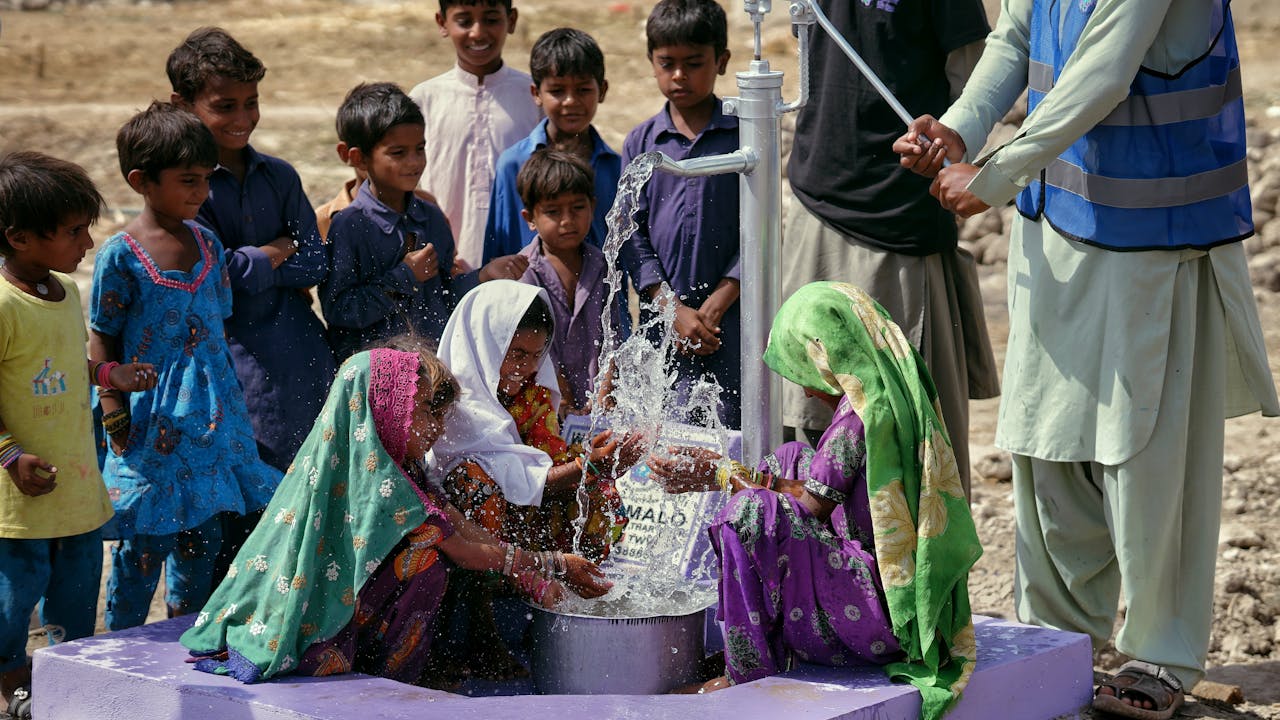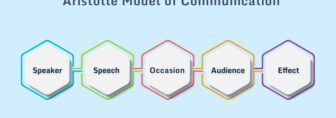Treatment Approaches For Disinhibited Social Engagement Disorder

Welcome to our comprehensive examination of Disinhibited Social Engagement Disorder (DSED) treatment strategies. The purpose of this page is to shed light on practical methods and treatments that can assist in managing and enhancing the lives of people with DSED.
This article’s primary goal is to enlighten and educate readers on Disinhibited Social Engagement Disorder (DSED), its effects, and the range of potential treatments. We explore what DSED is, how it shows up in kids and adults, and the most recent treatment modalities.
Disinhibited Social Engagement Disorder (DSED): A Brief Overview
Gaining an understanding of Disinhibited Social Engagement Disorder is essential to understanding treatment strategies for it. Overly friendly and improper conduct toward strangers is a defining feature of Distinctive Social Deficit Disorder (DSED), which frequently arises from early childhood trauma or social deprivation. If left untreated, this illness can impede interpersonal relationships and even worsen throughout adulthood.
Recognizing DSED In Children And Adults
Early Signs And Diagnosis Of Disinhibited Social Engagement Disorder (DSED)
Early diagnosis and therapy of Disinhibited Social Engagement Disorder in children depend on identifying its early symptoms. Youngsters with DSED frequently exhibit a conspicuous lack of shyness while engaging with new adults. This conduct differs significantly from the normal wary demeanor that well-adjusted kids usually display when they are among strangers.
Important early indicators of DSED in kids include:
- Unusual Comfort Level with Strangers: Kids with DSED may exhibit unusually comfortable or loving behavior toward strangers.
- Absence of Stranger nervousness: In contrast to their classmates, these kids might not exhibit the normal nervousness related to strangers and instead approach and engage with strangers without any fear.
- Poor Boundaries: There might be a clear ignorance of social norms, such as what constitutes proper physical proximity or violation of personal space.
- Indiscriminate Affection: Kids with DSED frequently ignore their familiar parents or caregivers in favor of seeking affection from any adult.
- Attention-Seeking Behavior: They may engage in attention-seeking activities such as talking nonstop or hugging strange individuals.
The key is early diagnosis. In order to validate a diagnosis of DSED, healthcare providers usually evaluate these behaviors in a variety of contexts. In-depth interviews with caregivers, behavioral evaluations, and interaction observations with the kid may all be part of the diagnostic process.
DSED In Adults: An Emerging Understanding
Although DSED has historically been thought to be a childhood condition, there is mounting evidence that it can continue into adulthood. The symptoms of DSED in adults are frequently more subdued, yet they can nevertheless have a big influence on social interactions and interpersonal relationships. Important features of adult DSED include:
- Forming and Maintaining Stable Relationships: Adults with DSED may find it difficult to start and keep suitable, stable relationships. They could have a habit of flimsy, transient partnerships.
- Inappropriate Social Behavior: Adults with DSED, similar to children, may struggle to comprehend social rules and boundaries, which frequently results in awkward or inappropriate social interactions.
- Difficulties in Workplace Settings: These people may find it difficult to set professional boundaries, which may have an effect on their relationships with coworkers and their ability to advance in their careers.
- Problems with Emotional Regulation: Adults with DSED may also struggle with emotional regulation, exhibiting strong feelings in social situations that are not sufficiently returned.
Adults with DSED require different treatment approaches than children. Adults may benefit more from treatment that focuses on helping them become more self-aware, comprehend and set healthy limits, and learn how to create lasting relationships.
For addressing these features, cognitive-behavioral therapy (CBT) and other psychotherapies might be especially helpful. Furthermore, social skill development-focused therapy or support groups can be essential components of adult DSED treatment.
The Role Of A Psychiatrist Clinic In Managing Disinhibited Social
Engagement Disorder (DSED)
A psychiatric clinic is essential for treating and managing Disinhibited Social Engagement Disorder (DSED). Because DSED is a complicated condition that frequently necessitates a combination of therapeutic interventions and occasionally pharmacological management, these clinics offer a multidisciplinary approach that is crucial. A psychiatric clinic can help manage DSED in the following ways:
Comprehensive Assessment And Diagnosis
- Initial Evaluation: To effectively diagnose DSED, psychiatrists perform comprehensive evaluations that include behavioral assessments, medical histories, and conversations with caregivers.
- Multifaceted Approach: To fully grasp the individual’s demands, a thorough assessment is essential, as DSED frequently co-occurs with other illnesses like anxiety or ADHD.
Tailored Treatment Plans
- Individualized Therapy: Psychiatrists can create customized therapy regimens based on the diagnosis. These could include various psychotherapy modalities catered to the patient’s age and needs, such as cognitive-behavioral therapy or attachment-based therapy.
- Family Involvement: Including family members in therapy is crucial for children with DSED. Psychiatrist clinics frequently give parents and other caregivers advice and instruction on how to properly assist their child.
Medication Management
- Co-occurring diseases: DSED is not specifically treated by medication; however, psychiatrists can prescribe drugs to address co-occurring diseases, such as anxiety or mood disorders, which may make DSED symptoms worse.
- Monitoring and Modifications: It is imperative to do routine follow-ups in order to assess the efficacy of any prescription drug and make any required modifications.
Comprehensive Treatment Approaches
Psychological Interventions: The Cornerstone Of DSED Treatment
In treating DSED, psychotherapy—especially attachment-based therapies—is essential. These treatments concentrate on treating underlying trauma and establishing safe, wholesome connections.
Behavioral Therapies And Parent Training
Behavioral therapies, alongside training for parents and caregivers, are essential. These approaches help in establishing safe boundaries and appropriate social interactions.
The Role Of Medication In Managing DSED
While there is no specific medication for DSED, certain medications may be used to manage co-occurring conditions like anxiety or ADHD, which can exacerbate DSED symptoms.
School-Based Interventions And Support
Schools can offer valuable support for children with DSED. Tailored education plans and supportive school environments are crucial for their social development.
Support Systems And Community Involvement
The Importance Of A Strong Support Network
Having a robust support system, including family, healthcare providers, and educators, is vital for successful treatment outcomes.
Community Resources And Therapy Access
Access to community resources, such as support groups and specialized therapy, can provide additional layers of support for individuals and families dealing with DSED.
Summing Up
In conclusion, Disinhibited Social Engagement Disorder, whether in children or adults, requires a multi-faceted treatment approach. Early recognition and diagnosis, combined with psychological therapies, parental guidance, and supportive school and community environments, are key to managing and improving the symptoms of DSED.
By understanding and applying these treatment strategies, we can make significant strides in enhancing the lives of those affected by this disorder.
Read Also:



























